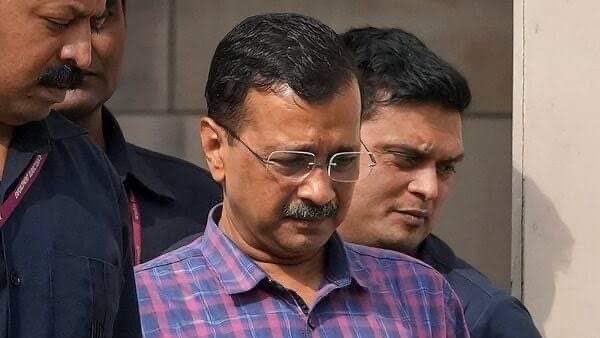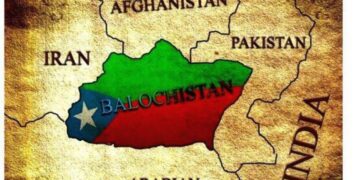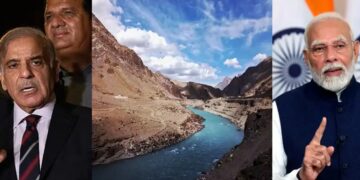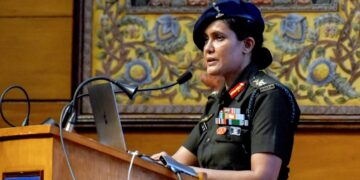In a recent development, Delhi Chief Minister Arvind Kejriwal’s legal challenge to his arrest, despite his refusal to provide a statement to the Enforcement Directorate (ED) regarding the Delhi liquor policy case, came under scrutiny by the Supreme Court on Monday. The Court, represented by Justice Sanjiv Khanna, emphasized that failure to participate in the recording of Section 50 statements could not justify the defense that his statement was not documented. Section 50 of the Prevention of Money Laundering Act (PMLA) delineates the authority of ED officials to issue summons and procure pertinent documents, evidence, and other materials.
During the court proceedings on Monday, Mr. Kejriwal’s legal representative, Abhishek Manu Singhvi, underscored that arrest should only occur based on evidence of guilt, not mere suspicion, citing Section 45 of the PMLA. Singhvi pointed out that the investigating agency had not recorded the statement of the Delhi Chief Minister, raising questions about the basis of the arrest.
The bench questioned the implications of Mr. Kejriwal’s non-appearance for recording statements under Section 50, highlighting the challenge faced by the investigating officer if the accused fails to comply with repeated summons.
Singhvi argued that the absence of recorded Section 50 statements does not justify Mr. Kejriwal’s arrest based on presumed guilt, adding that other materials also fail to establish his culpability. He further argued for the ED’s obligation to record Mr. Kejriwal’s statement under Section 50 at his residence.
The Enforcement Directorate, in its affidavit to the court, revealed that Mr. Kejriwal had skipped nine summons for questioning. However, Singhvi argued against using non-cooperation as grounds for arrest, citing a previous court ruling.
The Enforcement Directorate has maintained that Mr. Kejriwal was evasive and uncooperative during the interrogation, further alleging his avoidance of questioning. Mr. Kejriwal was arrested on March 21 and subsequently held in judicial custody at Tihar jail from April 1.
Earlier this month, the Delhi High Court upheld Mr. Kejriwal’s arrest, asserting that the Enforcement Directorate was left with limited options after he repeatedly evaded summons.
The case revolves around allegations that liquor companies influenced the formulation of the Delhi excise policy of 2021-22, subsequently annulled. The Enforcement Directorate has accused the companies of providing kickbacks, which were purportedly laundered.

















Comments